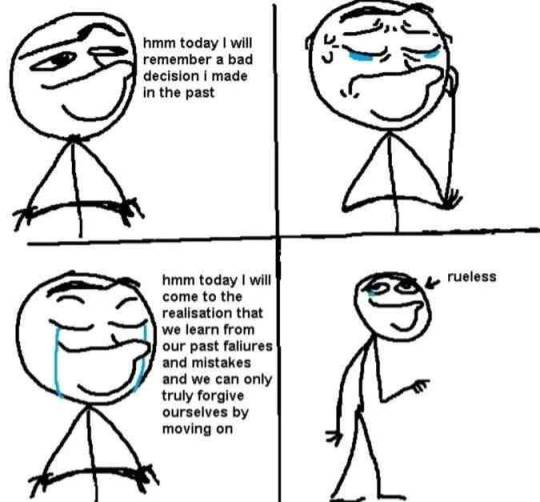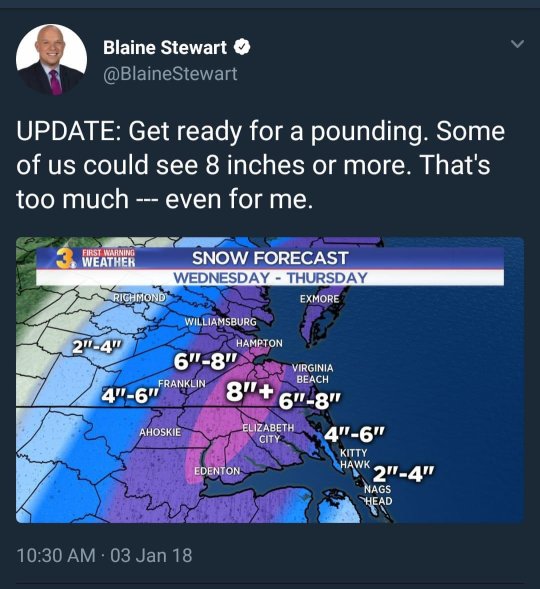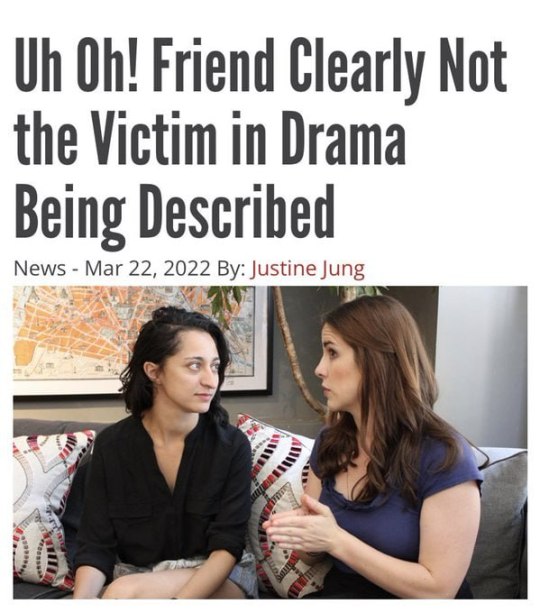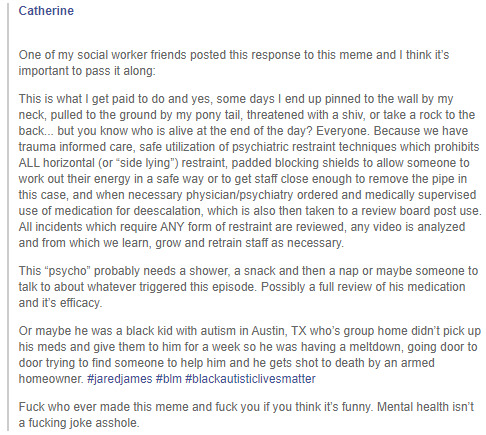Text
Thank you to @sleepnoises for making the original poll & for giving us the idea to to this :)
Sorry if we couldn’t get your favorite on here, we were limited to only 12 options (11 if you don’t include the “other” option).
6K notes
·
View notes
Text
In the past I've shared other people's musings about the different interpretations of the myth of Orpheus and Eurydice. Namely, why Orpheus looks back at Eurydice, even though he knows it means he'll lose her forever. So many people seem to think they've found the one true explanation of the myth. But to me, the beauty of myths is that they have many possible meanings.
So I thought I would share a list of every interpretation I know, from every serious adaptation of the story and every analysis I've ever heard or read, of why Orpheus looks back.
One interpretation – advocated by Monteverdi's opera, for example – is that the backward glance represents excessive passion and a fatal lack of self-control. Orpheus loves Eurydice to such excess that he tries to defy the laws of nature by bringing her back from the dead, yet that very same passion dooms his quest fo fail, because he can't resist the temptation to look back at her.
He can also be seen as succumbing to that classic "tragic flaw" of hubris, excessive pride. Because his music and his love conquer the Underworld, it might be that he makes the mistake of thinking he's entirely above divine law, and fatally allows himself to break the one rule that Hades and Persephone set for him.
Then there are the versions where his flaw is his lack of faith, because he looks back out of doubt that Eurydice is really there. I think there are three possible interpretations of this scenario, which can each work alone or else co-exist with each other. From what I've read about Hadestown, it sounds as if it combines all three.
In one interpretation, he doubts Hades and Persephone's promise. Will they really give Eurydice back to him, or is it all a cruel trick? In this case, the message seems to be a warning to trust in the gods; if you doubt their blessings, you might lose them.
Another perspective is that he doubts Eurydice. Does she love him enough to follow him? In this case, the warning is that romantic love can't survive unless the lovers trust each other. I'm thinking of Moulin Rouge!, which is ostensibly based on the Orpheus myth, and which uses Christian's jealousy as its equivalent of Orpheus's fatal doubt and explicitly states "Where there is no trust, there is no love."
The third variation is that he doubts himself. Could his music really have the power to sway the Underworld? The message in this version would be that self-doubt can sabotage all our best efforts.
But all of the above interpretations revolve around the concept that Orpheus looks back because of a tragic flaw, which wasn't necessarily the view of Virgil, the earliest known recorder of the myth. Virgil wrote that Orpheus's backward glance was "A pardonable offense, if the spirits knew how to pardon."
In some versions, when the upper world comes into Orpheus's view, he thinks his journey is over. In this moment, he's so ecstatic and so eager to finally see Eurydice that he unthinkingly turns around an instant too soon, either just before he reaches the threshold or when he's already crossed it but Eurydice is still a few steps behind him. In this scenario, it isn't a personal flaw that makes him look back, but just a moment of passion-fueled carelessness, and the fact that it costs him Eurydice shows the pitilessness of the Underworld.
In other versions, concern for Eurydice makes him look back. Sometimes he looks back because the upward path is steep and rocky, and Eurydice is still limping from her snakebite, so he knows she must be struggling, in some versions he even hears her stumble, and he finally can't resist turning around to help her. Or more cruelly, in other versions – for example, in Gluck's opera – Eurydice doesn't know that Orpheus is forbidden to look back at her, and Orpheus is also forbidden to tell her. So she's distraught that her husband seems to be coldly ignoring her and begs him to look at her until he can't bear her anguish anymore.
These versions highlight the harshness of the Underworld's law, and Orpheus's failure to comply with it seems natural and even inevitable. The message here seems to be that death is pitiless and irreversible: a demigod hero might come close to conquering it, but through little or no fault of his own, he's bound to fail in the end.
Another interpretation I've read is that Orpheus's backward glance represents the nature of grief. We can't help but look back on our memories of our dead loved ones, even though it means feeling the pain of loss all over again.
Then there's the interpretation that Orpheus chooses his memory of Eurydice, represented by the backward glance, rather than a future with a living Eurydice. "The poet's choice," as Portrait of a Lady on Fire puts it. In this reading, Orpheus looks back because he realizes he would rather preserve his memory of their youthful, blissful love, just as it was when she died, than face a future of growing older, the difficulties of married life, and the possibility that their love will fade. That's the slightly more sympathetic version. In the version that makes Orpheus more egotistical, he prefers the idealized memory to the real woman because the memory is entirely his possession, in a way that a living wife with her own will could never be, and will never distract him from his music, but can only inspire it.
Then there are the modern feminist interpretations, also alluded to in Portrait of a Lady on Fire but seen in several female-authored adaptations of the myth too, where Eurydice provokes Orpheus into looking back because she wants to stay in the Underworld. The viewpoint kinder to Orpheus is that Eurydice also wants to preserve their love just as it was, youthful, passionate, and blissful, rather than subject it to the ravages of time and the hardships of life. The variation less sympathetic to Orpheus is that Euyridice was at peace in death, in some versions she drank from the river Lethe and doesn't even remember Orpheus, his attempt to take her back is selfish, and she prefers to be her own free woman than be bound to him forever and literally only live for his sake.
With that interpretation in mind, I'm surprised I've never read yet another variation. I can imagine a version where, as Orpheus walks up the path toward the living world, he realizes he's being selfish: Eurydice was happy and at peace in the Elysian Fields, she doesn't even remember him because she drank from Lethe, and she's only following him now because Hades and Persephone have forced her to do so. So he finally looks back out of selfless love, to let her go. Maybe I should write this retelling myself.
Are any of these interpretations – or any others – the "true" or "definitive" reason why Orpheus looks back? I don't think so at all. The fact that they all exist and can all ring true says something valuable about the nature of mythology.
23K notes
·
View notes
Text
I know white people especially struggle with this concept but like when a Palestinian, or any other group of Black or brown people are calling you in and making a general statement about the state of the allyship for our causes, and making criticism of common behaviours or whatever else, that is NOT an invitation for you to confess your own shortcomings or your journey of self-improvement. Especially not under our posts. Make your own post if you really feel like it. But we don't need to hear your personal story of how you ignored our long-standing genocide until you saw enough people doing the right thing and you decided to follow. Keep that to yourself.
These posts are meant for you to REFLECT ON YOURSELF! BY YOURSELF! QUIETLY! And decide on your OWN what part of your behaviours you can identify being criticized in these posts and fix them!! And if you need help you can ask a question without necessarily giving us all the details of how you used to be ignorant or whatever. We're not here to hand out forgiveness we're trying to help coordinate and organize people to be more cohesive and we're giving you tips to be better allies. We're not giving you counciling for white guilt!!!
3K notes
·
View notes
Text
I think "how not be a eugenicist" should be more of a requirement for anyone going into medicine
50K notes
·
View notes
Photo

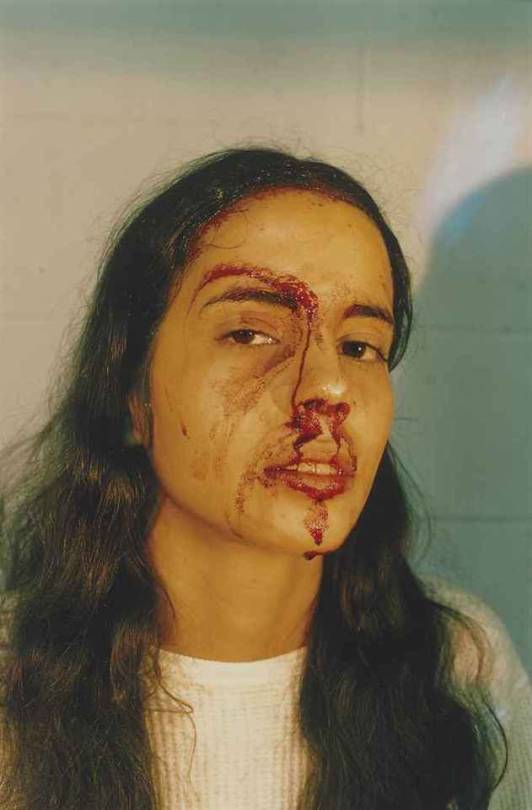
Ana Mendieta
Untitled (Self-Portrait with Blood)
1973
3K notes
·
View notes
Photo
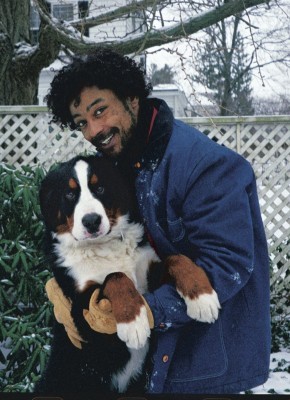
Giancarlo Esposito and Satchmo
3K notes
·
View notes
Text
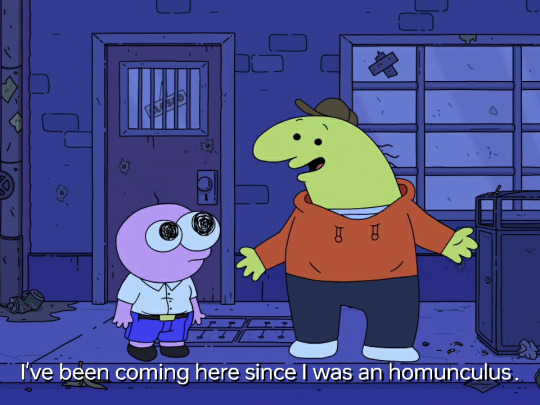
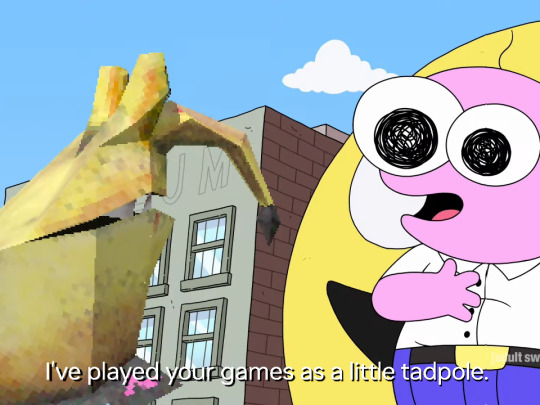
2K notes
·
View notes
Text

Columbia University students at the Gaza solidarity encampment reading Wisam Rafeedie's The Trinity of Fundamentals and Ghassan Kanafani's The Revolution of 1936–1939 in Palestine (ph. Ian Bartlett).
10K notes
·
View notes
Text
Animal reference photo compilation concept test!
I've been saving this project for a new website I'm planning, but that's been delayed by the grindstone of capitalism, so I'm going to set up this part early. This is the concept test for a repository of reference photos of a whole bunch of different species of exotic animals.
For every 50 or so photos I take of an animal, there's generally only a couple that I like and are also in focus and also framed correctly. But that led me to realize... all those slightly blurry or off-center photos are probably a great set of references for people interested in general shape/form/movement for their art! So I'm setting up of the idea before fully committing the time into making it happen.
I've been going through my photo backlog and pulling out the shots I think will be useful for art references. Lots of them show posture, facial movement, close-ups of feet or eyes, and walk cycles, but also other behaviors like jumping or drinking. They're not perfect - there's often stuff out of focus or reflections on the glass - but I think they'll still be useful for art?
The link below is to the Dropbox where I'll host these photos until I eventually get that new website/project up and running. Right now I've got folders of four species uploaded for this test: California Condor (CW for carcass feed photos), Jaguar, Komodo Dragon, and Moose. Please go check them out and tell me what you think!
~~WADTT Animal Reference Photos Dropbox Link~~
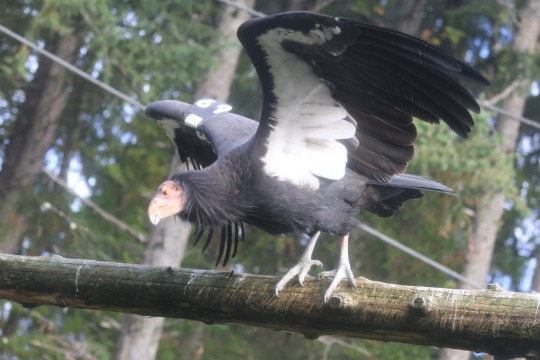
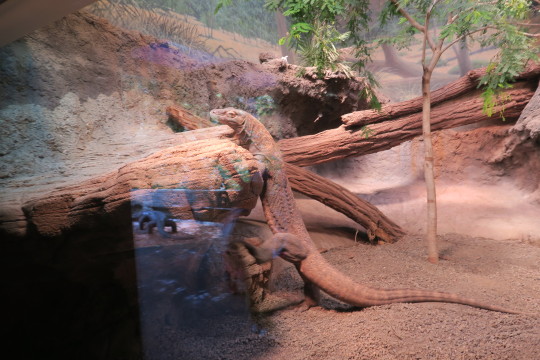
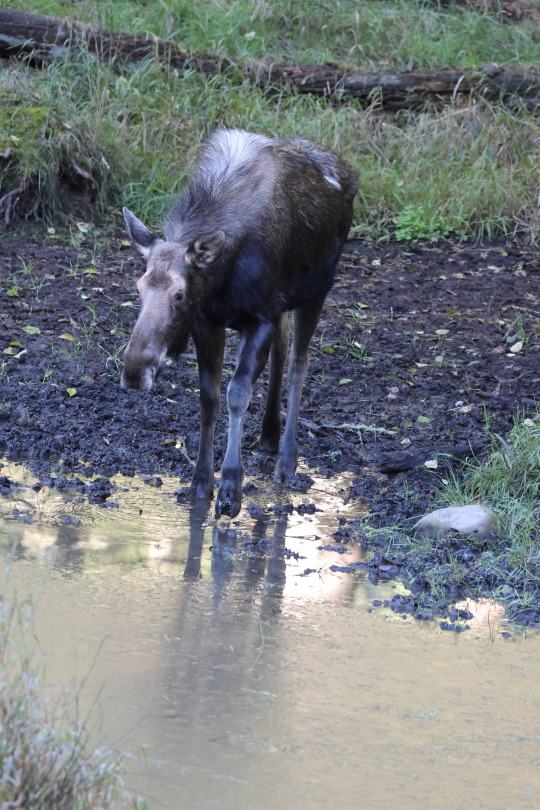
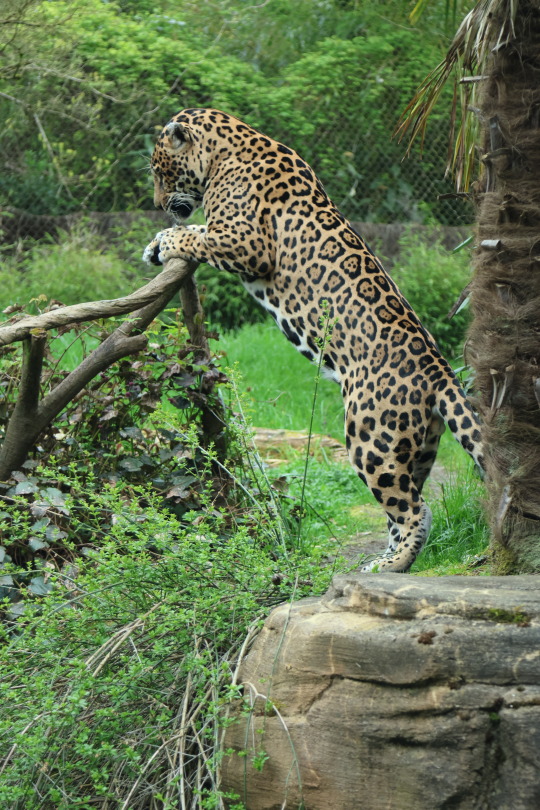
What I'm looking to learn from y'all is:
Is this type of reference photo repository useful / worth doing?
Do these photos work or are they too blurry/wonky/there's too many?
What things would make a project like this better? (Caveat, it has to stay on Dropbox for now).
If this turns out to be as useful as I'm hoping, and the photos work, I've got a whole bunch more species to upload.
704 notes
·
View notes
Text

israeli protester in jerusalem, calling for a ceasefire. photo by yaheli gazit.
11K notes
·
View notes
